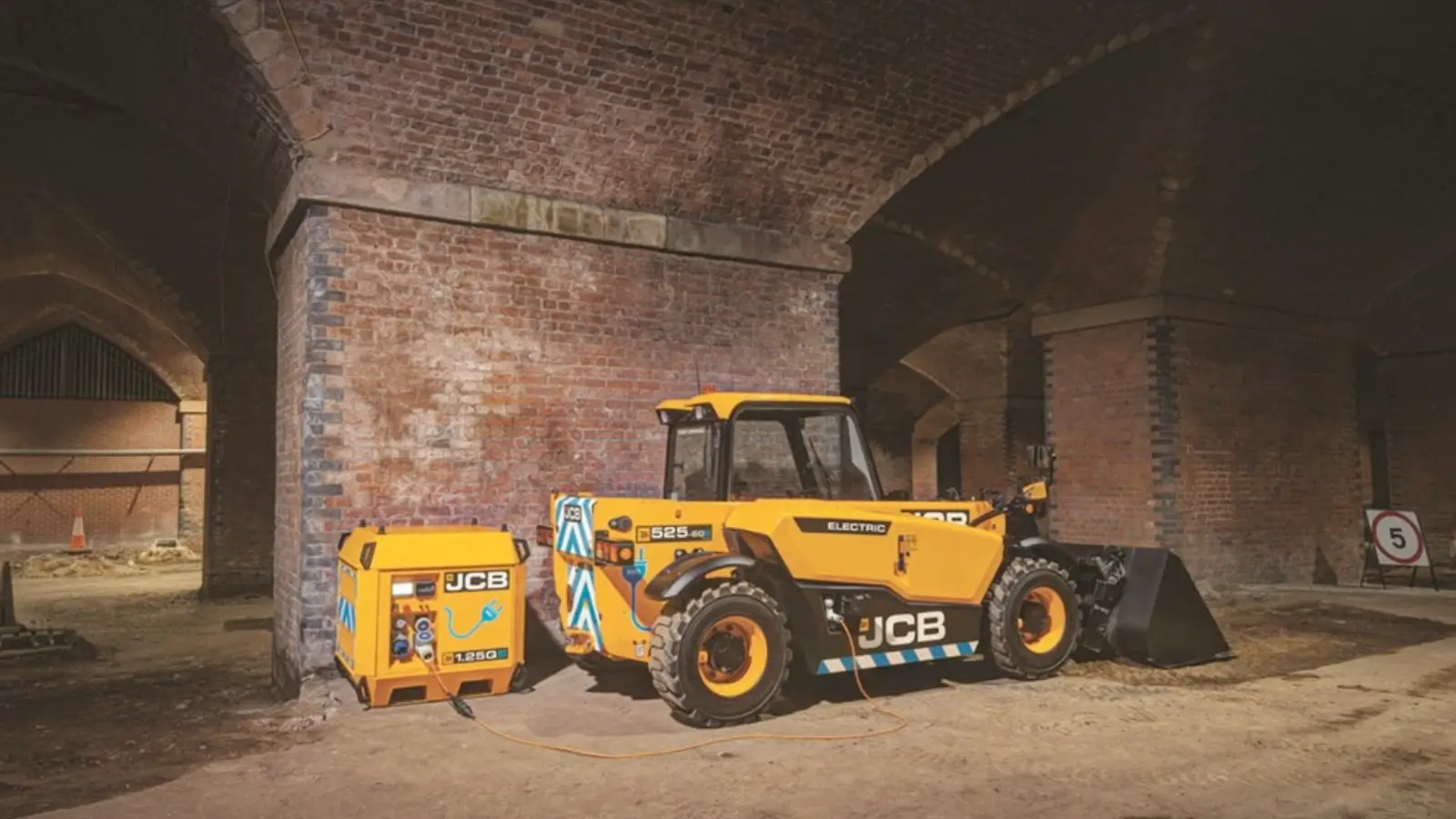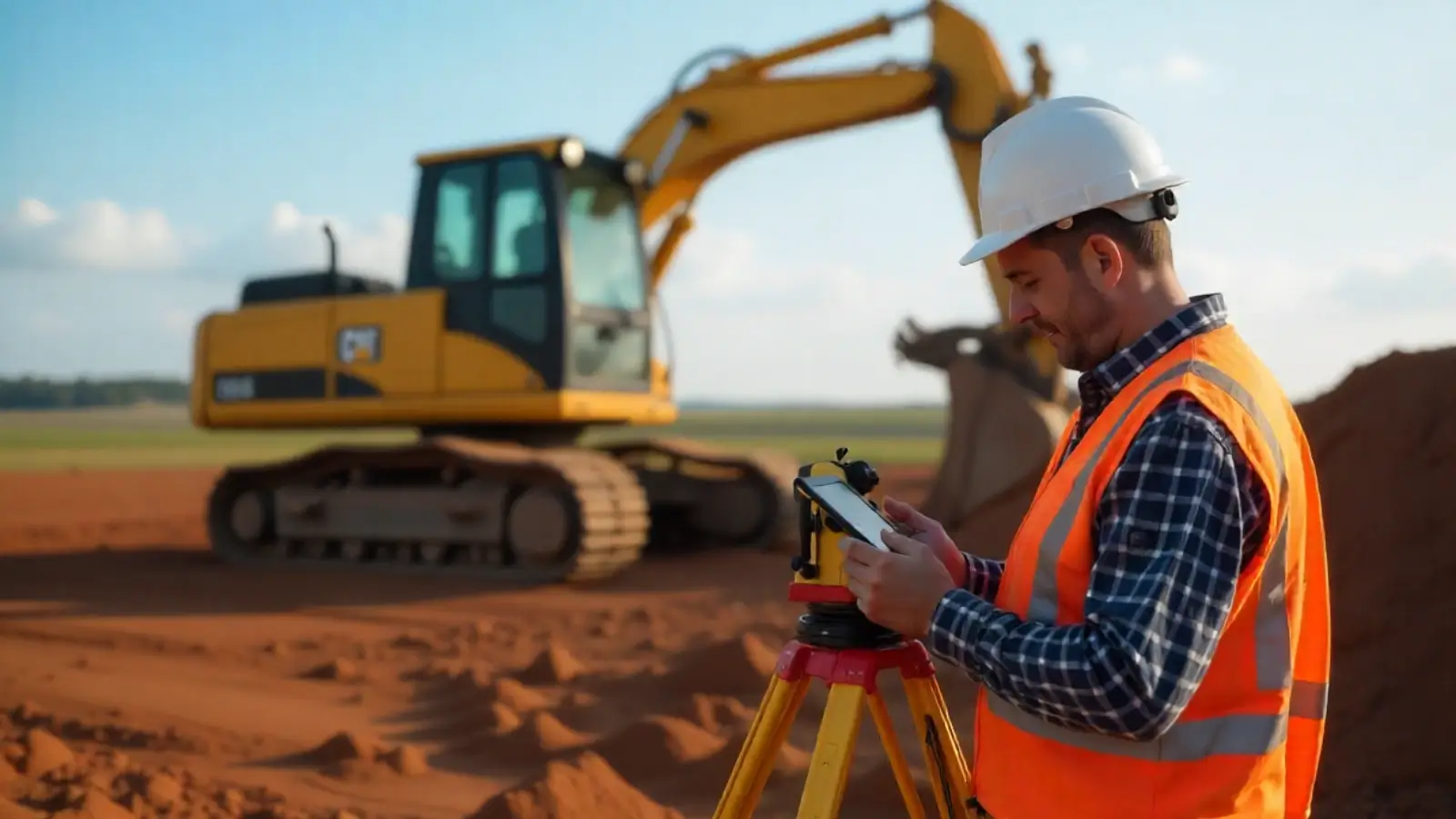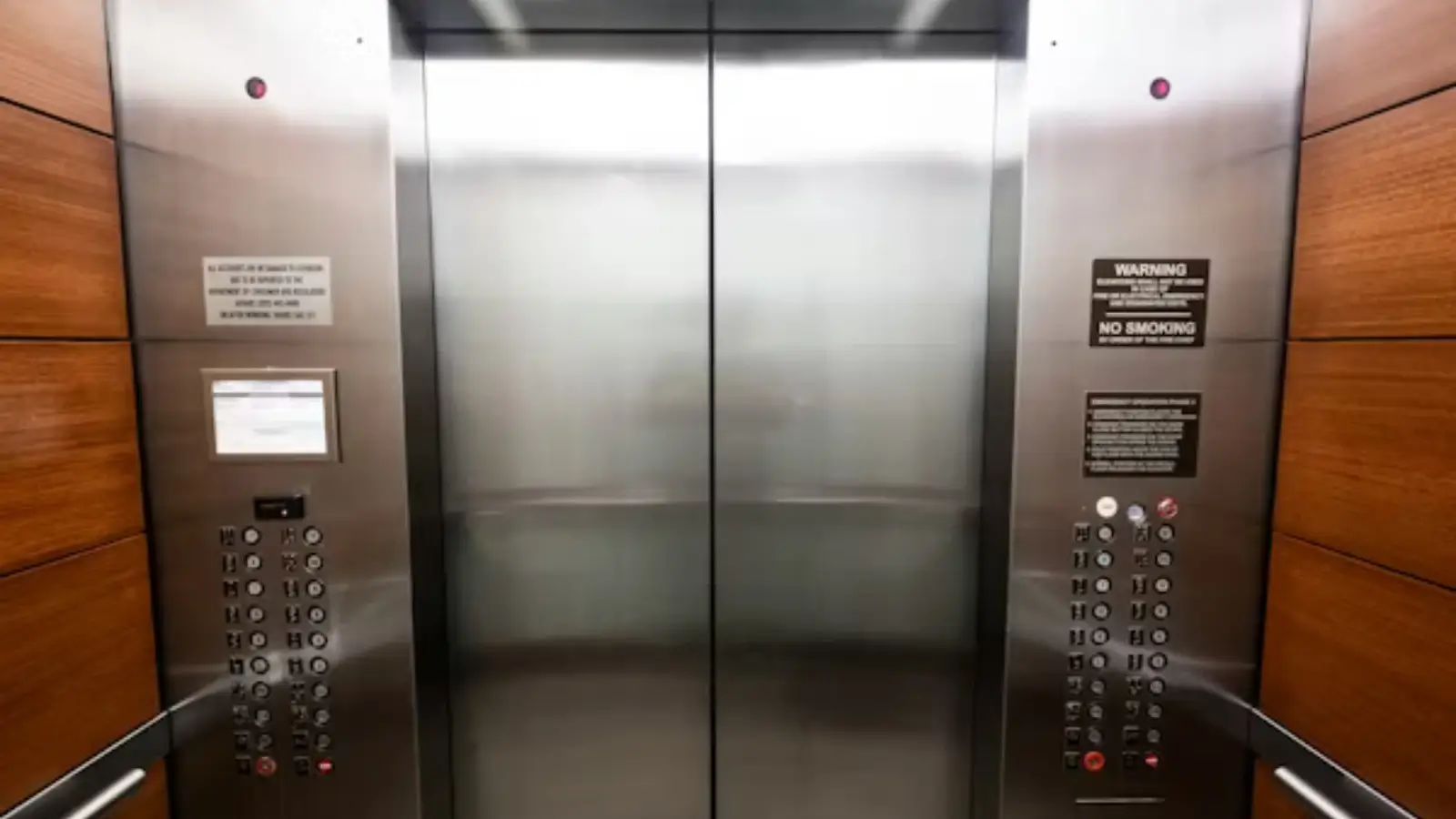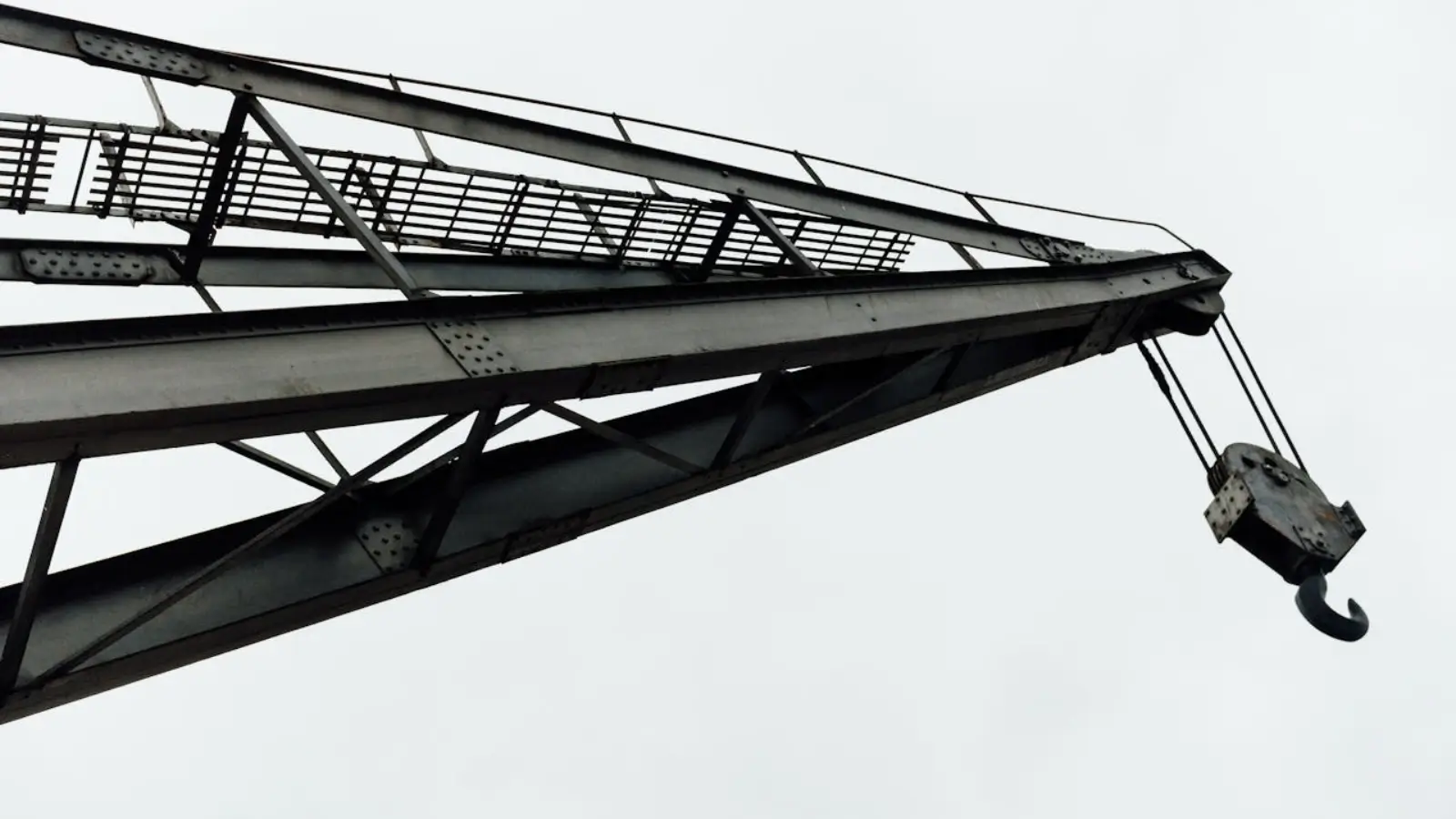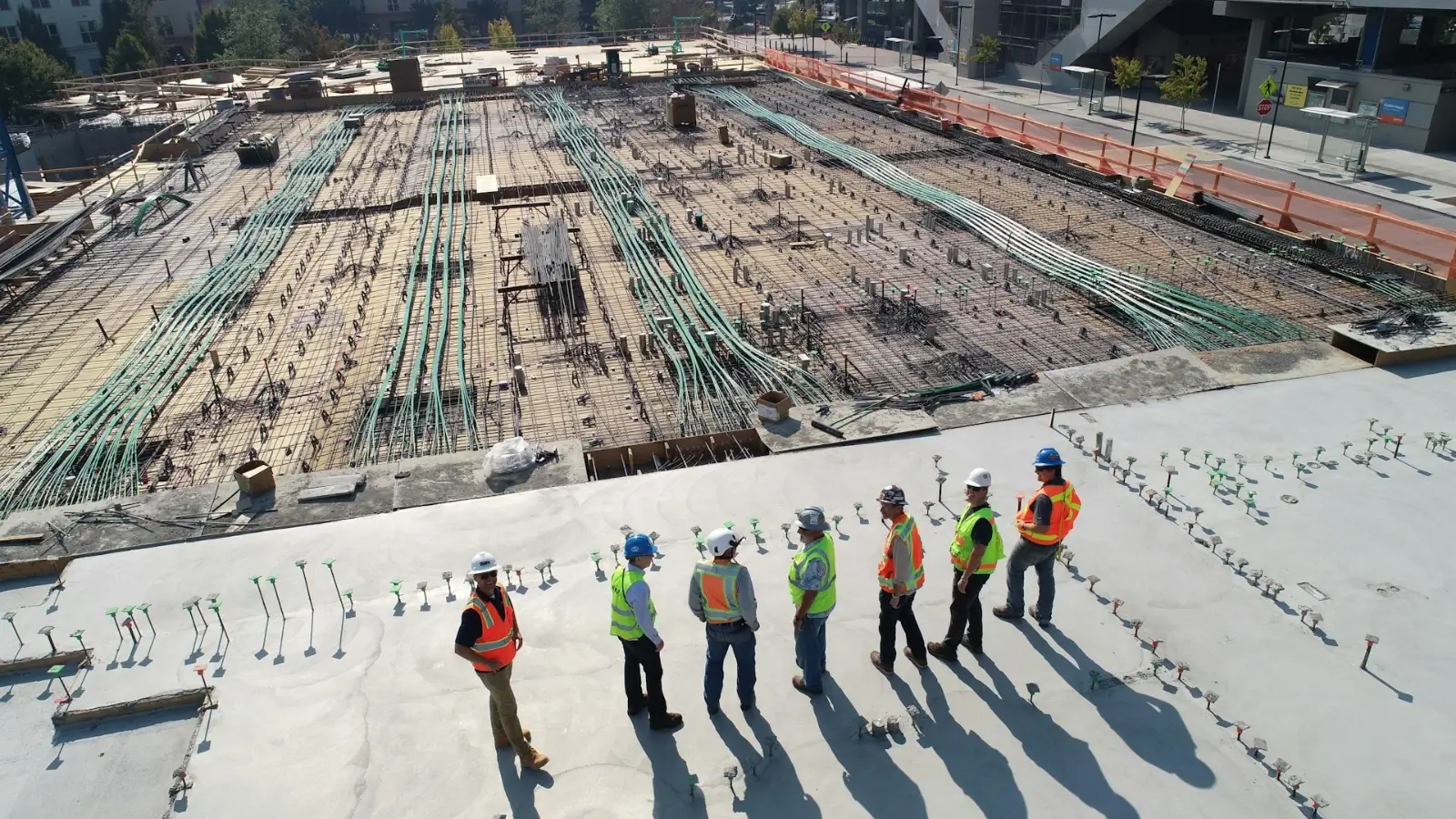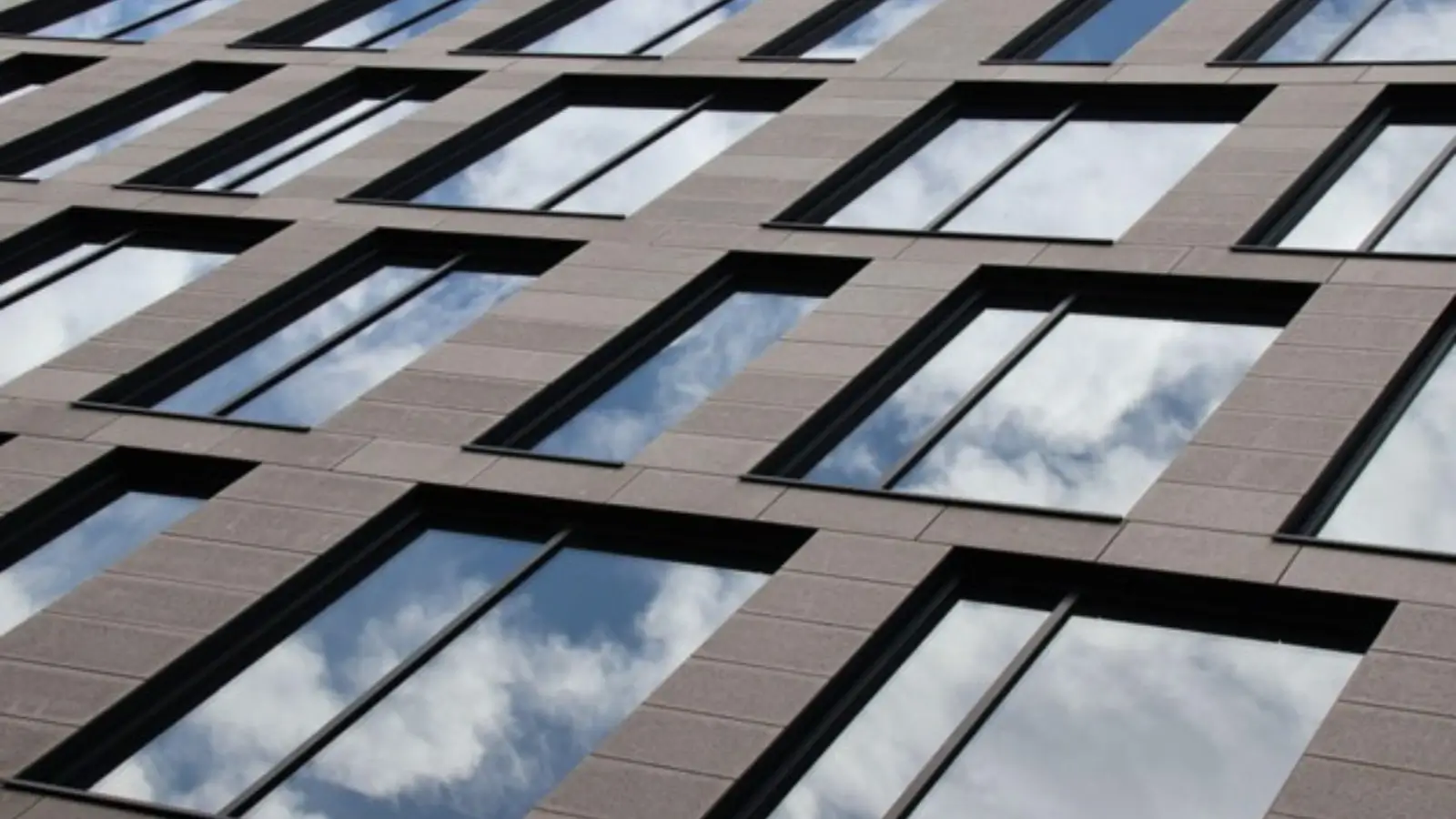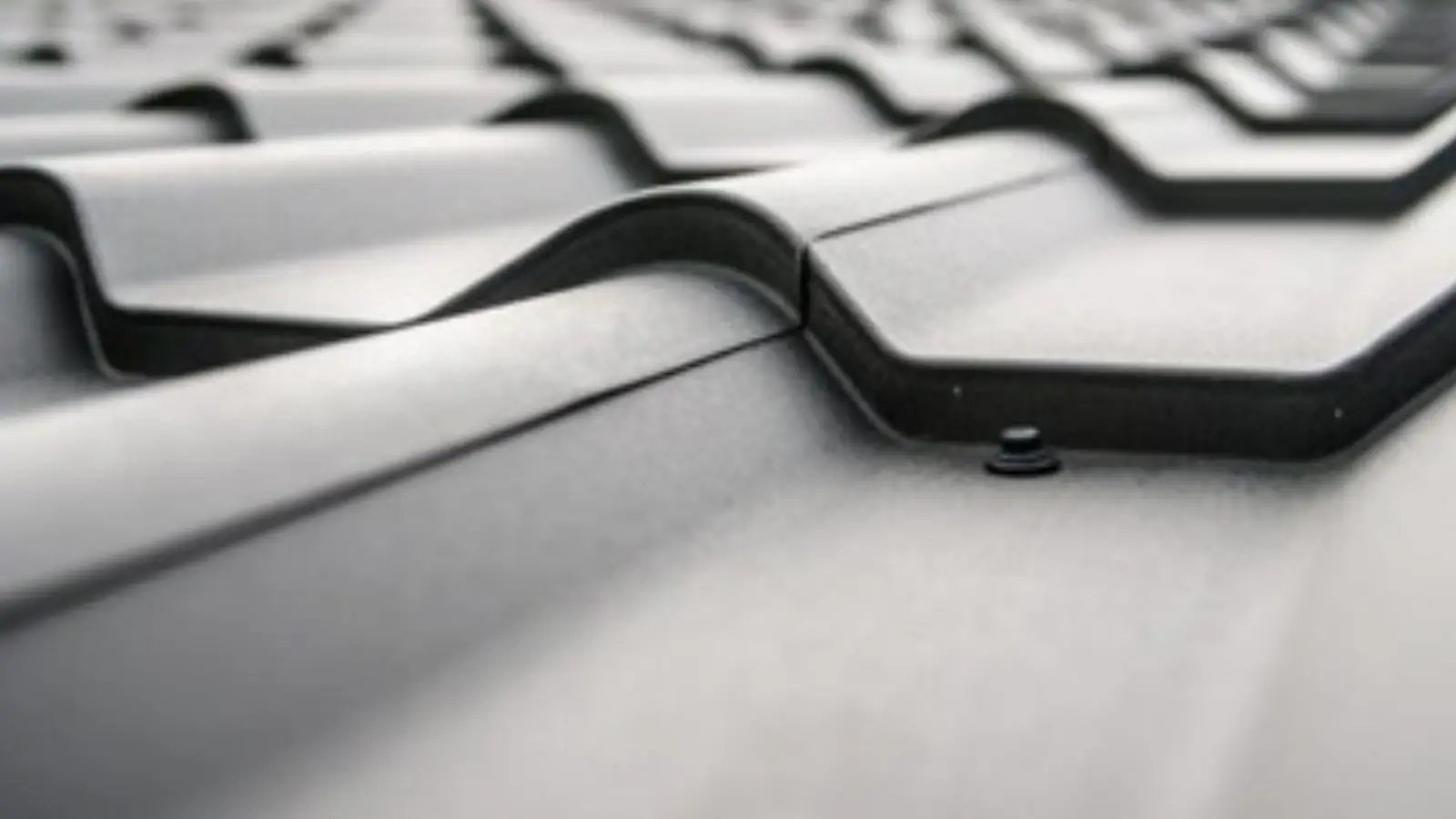Heavy-duty construction tasks demand equipment that performs reliably under pressure. In this sector, dependable hydraulic solutions are critical, and JCB Powerpacks have consistently proven their worth in delivering high-performance hydraulic power across various applications. Designed with durability and efficiency in mind, these units are a reliable resource for contractors and construction teams.
An Overview of JCB Powerpacks
At their core, JCB Powerpacks are self-contained hydraulic systems that supply pressurized hydraulic fluid to different types of construction tools. These units are compact, portable, and suitable for field operations, offering a flexible solution for powering hydraulic tools on-site.
They are commonly used across construction, demolition, and utility maintenance tasks, especially where mobile hydraulic support is needed.
Advantages of Hydraulic Powerpacks on Construction Sites
1. On-Site Flexibility with Portable Powerpacks
One of the significant strengths of Portable Powerpacks lies in their ease of transportation. Construction environments often demand tools and equipment that can be moved and adapted quickly. With compact designs and user-friendly handling, these power units meet that demand, enabling efficient hydraulic tool usage on varied job sites.
2. Steady Performance with JCB Hydraulic Units
A hallmark of JCB Hydraulic Units is their ability to maintain consistent hydraulic pressure. This performance reliability is crucial, especially when operating equipment that requires stable force, such as breakers, drills, and cutters. Steady power minimizes interruptions, keeping work moving smoothly.
3. Multi-Tool Compatibility
Construction Equipment Powerpacks can connect to a variety of hydraulic tools. This multi-tool capability allows contractors to operate different equipment with a single power source, reducing the need for multiple hydraulic systems. The versatility simplifies logistics and enhances site efficiency.
4. Built for Harsh Work Environments
Construction sites can be unpredictable, muddy grounds, dusty surroundings, or heavy rainfall. Industrial Hydraulic Solutions like those from JCB are built with rugged materials designed to withstand challenging environments without compromising performance.
Where Are JCB Powerpacks Most Commonly Used?
1. Demolition and Surface Preparation
Hydraulic tools used in demolition, like breakers and saws, depend heavily on reliable power. JCB Powerpacks deliver the hydraulic force necessary to handle these demanding tasks, whether it's breaking concrete or cutting asphalt.
2. Groundwork and Foundation Projects
For groundwork activities, including anchoring, soil stabilization, or foundation preparation, steady hydraulic power is essential. These tasks often occur in challenging environments where a portable power source provides a practical solution.
3. Road and Utility Work
In sectors like road maintenance and utility repairs, Portable Powerpacks allow crews to perform trenching, pipe cutting, or road surface repairs with minimal disruption. Having a mobile hydraulic unit on-site can significantly speed up project timelines.
Choosing the Right JCB Hydraulic Unit for Your Project
1. Hydraulic Output Matching
Select a unit based on the flow rate and pressure requirements of your tools. Matching the right power output ensures that your equipment functions efficiently and reduces wear over time.
2. Mobility Features
Features like wheeled frames, lifting handles, and compact designs make transportation easier. For teams that frequently change job sites, these features are a key consideration.
3. Fuel Efficiency
Look at the power source, whether diesel or petrol, and assess the running cost implications. Fuel-efficient models can provide cost savings on longer projects.
4. Maintenance Accessibility
Choose models that offer simple maintenance features like easily accessible filters, clear fluid level indicators, and straightforward servicing points. Regular maintenance becomes less of a chore when units are designed with serviceability in mind.
Why Contractors Consistently Choose JCB Powerpacks
JCB’s reputation in the construction equipment industry is built on reliability, robust engineering, and strong customer support. This reputation extends to their hydraulic solutions, making them a preferred option for many contractors.
Top Reasons for Preference Include:
-
Strong, durable build quality
-
Versatile applications across multiple tools
-
Straightforward maintenance requirements
-
Easy portability for varied site needs
Routine Care and Maintenance for JCB Powerpacks
To keep your JCB Powerpacks in prime condition, regular upkeep is key. Here’s a simple checklist:
-
Monitor and top up hydraulic fluid as needed
-
Inspect hoses for signs of wear or leaks
-
Clean or replace hydraulic filters periodically
-
Listen for unusual sounds during operation
-
Keep the exterior free of dirt and debris
Adhering to these steps helps prevent unexpected downtime and prolongs the service life of your equipment.
Final Thoughts
JCB Powerpacks offer a reliable, efficient, and portable solution for powering hydraulic tools in a variety of construction and industrial settings. They provide consistent output, are compatible with multiple tools, and perform reliably even in tough conditions.
By selecting the right model for your needs and following a regular maintenance routine, you’ll maximize the value and performance of your hydraulic equipment, keeping your projects running smoothly from start to finish.

